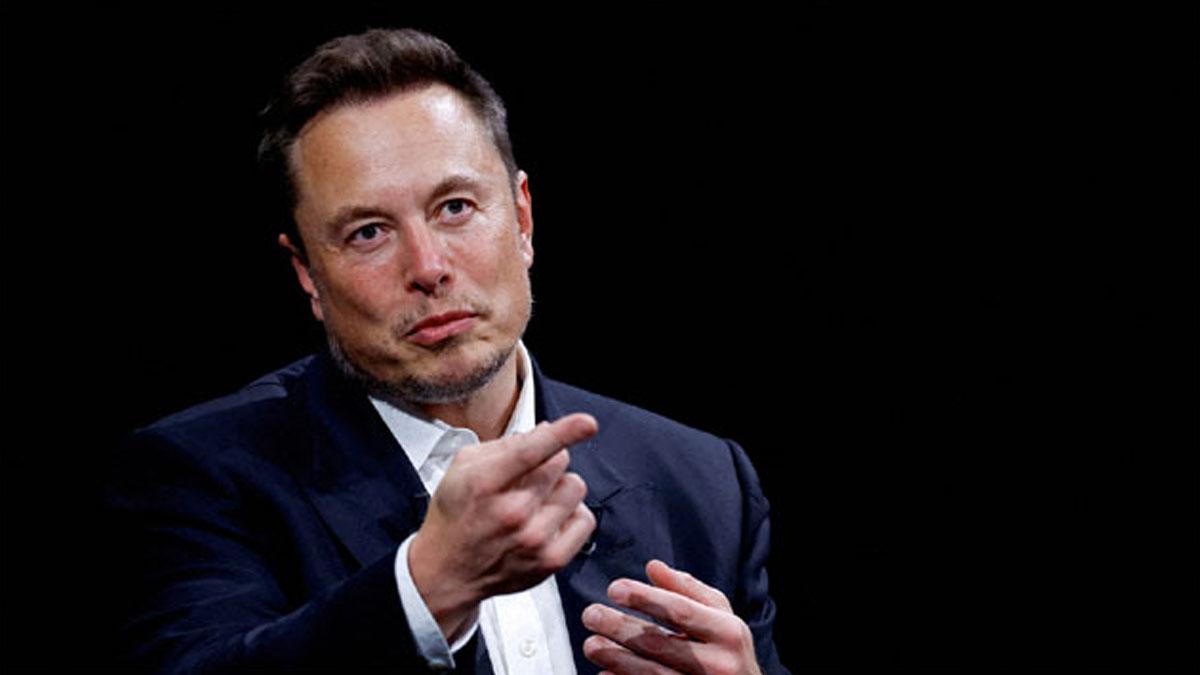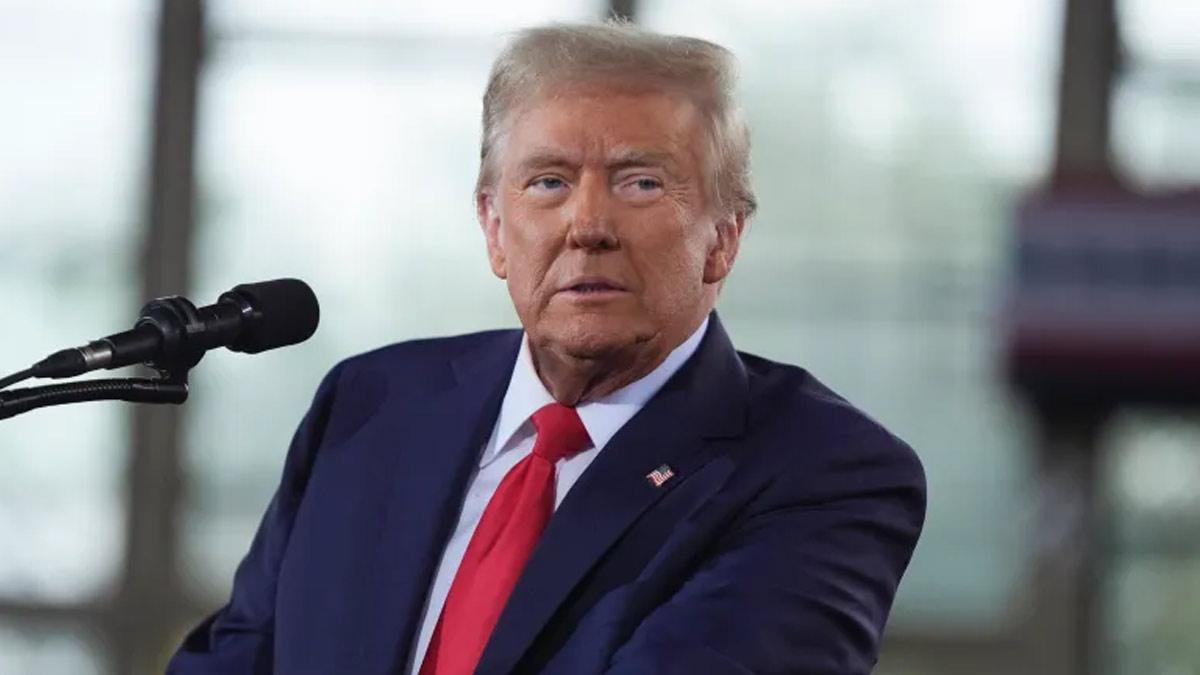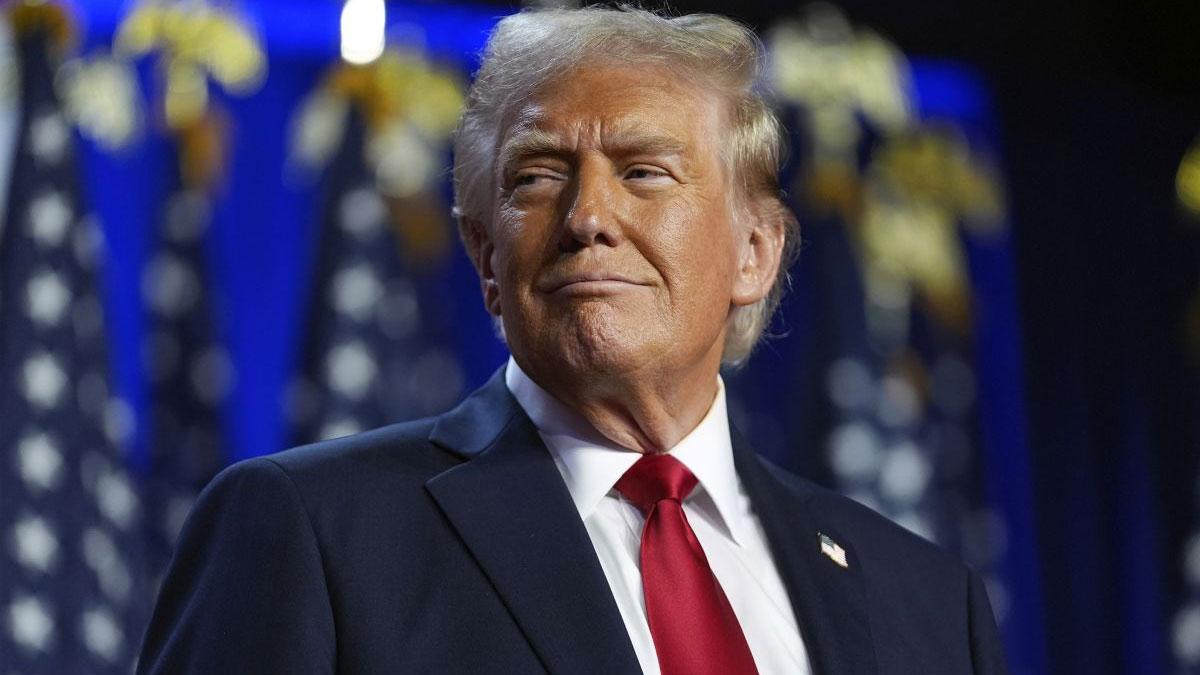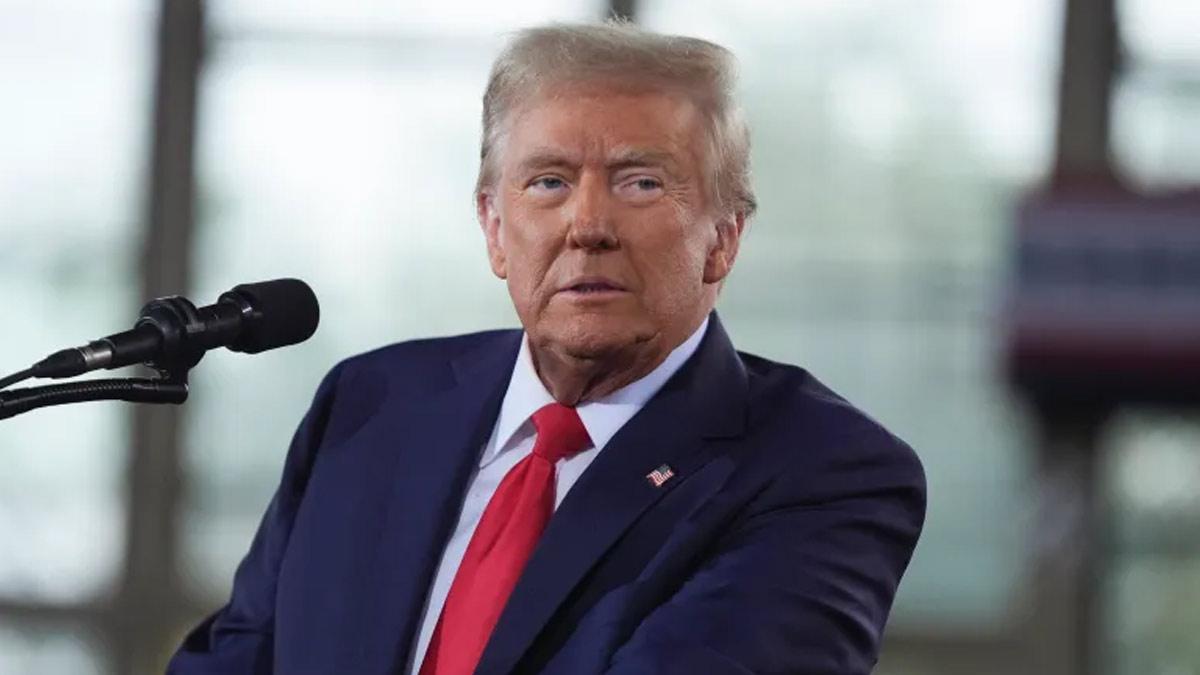Elon Musk, CEO of Tesla and SpaceX, reiterated his fear of Electronic Voting Machines planned for use in the US presidential elections this November. He warned of perceived risks associated with EVMs and mailed-in ballots after advocacy on the use of paper ballots and in-person voting mechanisms.
He took to social media to double down on his stance, saying, "EVMs and anything mailed in is too risky." He ended with a demand to mandate paper ballots, and limit votes to in-person methods only, but not before citing US news articles on the problems with EVMs.
However, everyone did not support Musk's viewpoint. Some counter-argued his argument by pointing out that paper ballots can be manipulated in various ways, like booth capturing, and that EVMs have factory-embedded programs which are quite robust against hacking attempts.
Previously, Musk had raised deep concerns about combined mail-in ballots, stating that these systems are made so that fraud cannot be proven. He further said ballots must not be allowed, proposing in-person voting stations with cameras that might reduce large-scale fraud by monitoring voter turnout.
This was not the first time Elon Musk had attracted controversy over EVMs. Last week, he got embroiled in an online spat with former Union Minister Rajeev Chandrasekhar, who was trying to explain that EVMs in India are specifically designed, secure, and never connected to any external network or media. Musk replied, still skeptical: " Anything can be hacked."
The controversy over Musk's comments heightened amid allegations of voting irregularities in Puerto Rico's primary elections. Amidst the continuing debate, Shiv Sena MP and former Union Minister Milind Deora warned against Silicon Valley tech billionaires' interference in India's democracy.
The debate is far from over when stakeholders discuss pros and cons related to various voting technologies and implications for electoral integrity and security.
Read also | President Biden Urges Party Critics to Resolve Drama
Read also | Netanyahu Stresses Gaza Ceasefire Terms Include Military Resumption


















